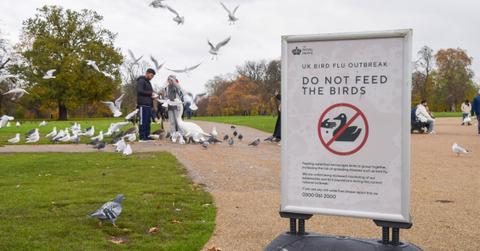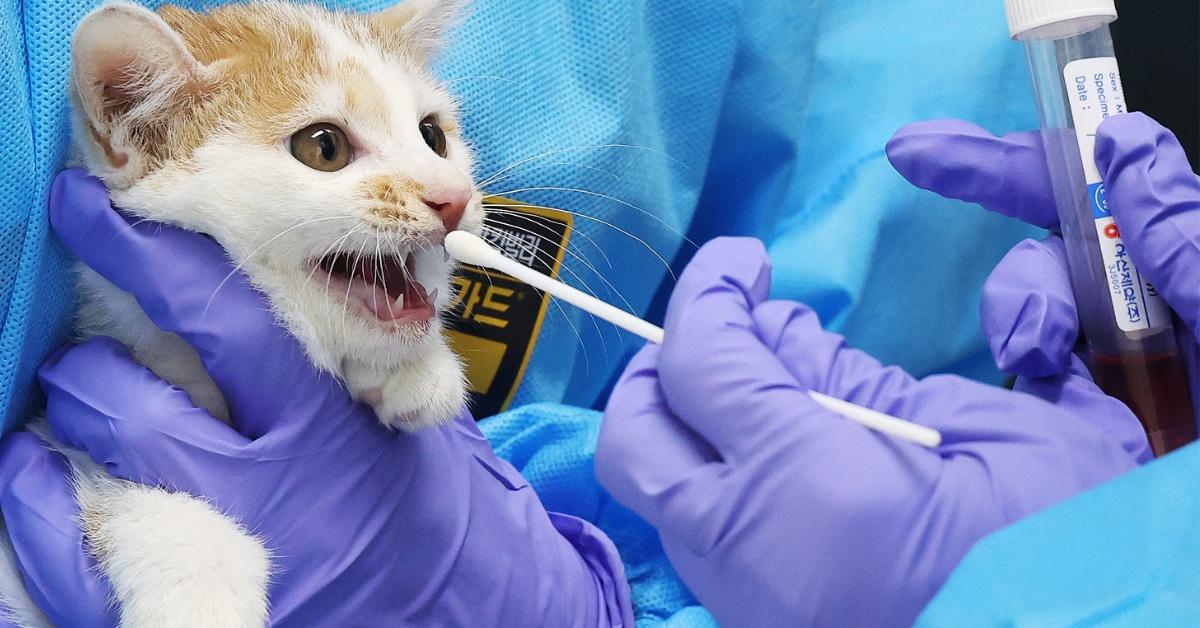World on High Alert: First Case of Human Bird Flu — a Child — as 4 More Cats DIE in New Cases in United States

The child did show signs of a severe infection due to the H5N1 diagnosis but is no longer unwell and has made a full recovery.
May 22 2024, Published 4:00 p.m. ET
Australia reported its first human case of bird flu this week after a child became infected in March after a trip to India, RadarOnline.com has learned.
The avian influenza virus was detected through further testing of positive influenza samples that take place to detect novel or concerning flu virus strains, according to an update from the Victorian Department of Health.

Australia reported its first human case of bird flu this week after a child became infected in March after a trip to India.
The child did show signs of a severe infection due to the H5N1 diagnosis but is no longer unwell and has made a full recovery.
Per the report, there is "no evidence of transmission in Victoria" and chances of more human cases are believed to be slim as "avian influenza does not easily spread between people."
"Most people are not at risk, unless they have contact with infected birds or animals, or their secretions, while in affected areas of the world," it was clarified.

Detection of avian influenza cases in cats have been reported.
The U.S. is currently experiencing outbreaks "of HPAI (H5N1) in dairy cows, with one recent human case in a dairy worker."
People traveling to impacted areas have been advised to avoid poultry farms, contact with wild or domesticated birds, and to wash their hands thoroughly after handling birds and uncooked poultry products.
A separate report indicated that four more cats have died of H5N1 bird flu in the United States, including two pets in South Dakota with no links to poultry or dairy cows, state and federal officials revealed.
At least 14 cats have recently succumbed to the virus.
Earlier this month, The Department of Agriculture announced that ground beef products were tested for bird flu and they all yielded negative results.
This followed an update in late March that bird flu had been found in dairy cows in Kansas and Texas.
Never miss a story — sign up for the RadarOnline.com newsletter to get your daily dose of dope. Daily. Breaking. Celebrity news. All free.
"H5N1 is (an) influenza infection, predominantly started in poultry and ducks and has spread effectively over the course of the last one or two years to become a global zoonotic — animal — pandemic," according to Dr. Jeremy Farrar from the World Health Organization.
"The great concern, of course, is that in doing so and infecting ducks and chickens — but now increasingly mammals — that that virus now evolves and develops the ability to infect humans. And then critically, the ability to go from human-to-human transmission."

Powered by RedCircle



